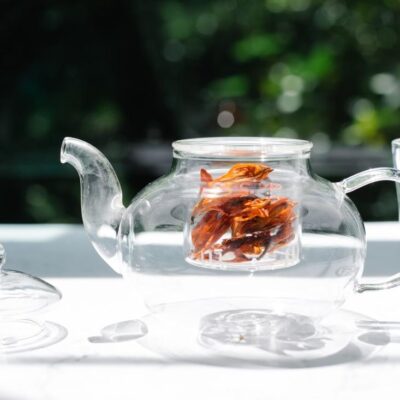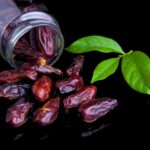Yes, dried mango is safe for dogs. Dried mangoes contain antioxidants that improve a dog’s digestive and immune systems. It also contains vitamins and calcium that improve your dog’s joints and bone health. You can give your dog dried mango once a week in moderation.

Safe: This food is generally considered safe by the veterinary community. Dogs can eat this food sometimes or in small amounts but contains little to no nutritional value.
| Food Safety | Safe in moderation, occasionally |
|---|---|
| Nutritional Value | Vitamins C and K, beta-carotene, antioxidants, potassium, dietary fiber, calcium |
| Potential Risks | Upset stomach, weight gain, diabetes |
How Much Dried Mango Is Safe for Dogs?
A small dog can eat one or two pieces of dried mango. A large-sized dog can eat a few more bites. However, it’s best not to increase more than four pieces for big dogs.
Remember, if this is your dog’s first time eating, start with one piece only.
How to Feed Dried Mango to Dogs?
When feeding your dog dried mango, chop it up to prevent a choking hazard. Some dogs tend to swallow without chewing. If your dog is the same, serving food chopped up is a good way to avoid accidents.
Frequently Asked Questions
-
Dried fruit prepared without added sugar is safe for dogs. You can buy organic or sun-dried fruits to ensure they don’t cause your dog any harm.
-
Dried mango has some important nutrients that are good for your dog’s health. You can offer your dog this healthy snack in small amounts once a week.
-
Organic or sun-dried fruit is safe for your dog as long as the fruit in question is safe. For example, dried grapes or raisins are toxic for dogs.







